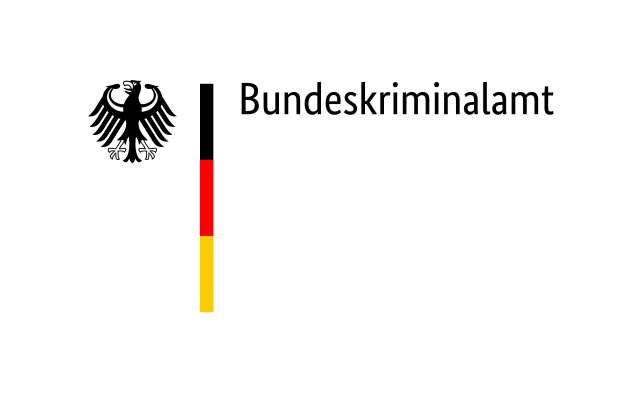BKA: Dangerous malware network Qakbot dismantled

The Federal Criminal Police Office (BKA) and the General Public Prosecutor’s Office Frankfurt am Main – Central Office for Combating Internet Crime (ZIT) have dismantled the German-based server infrastructure of the of Qakbot malware, also known as Qbot or Pinkslipbot.
The measures were preceded by extensive investigations by the U.S. authorities. BKA has provided significant support. The underlying investigation is directed against the hitherto unknown operators and administrators of the malware. Among other things, they are suspected of gang and commercial extortion.
Also involved in the investigation and the dismantling of the network were law enforcement agencies from France, the Netherlands and the United Kingdom as well as Europol.
Qakbot – one of the most dangerous malware programs
Qakbot is considered to be one of the most dangerous malware programs worldwide. The perpetrators used a command-and-control infrastructure to spread and control the malware. The command-and-control infrastructure, which the criminals used controled a botnet that covered more than 700,000 systems. The infected computers become part of the botnet. Qakbot then downloaded further malware
to encrypt the computer system’s data. This was done with the aim of extorting the victim.
The technical infrastructure of the malware was taken over and the perpetrators were permanently deprived of access to the systems. In addition, several thousand computers were cleaned up worldwide. BKA and ZIT seized all systems of the Qakbot infrastructure located in Germany. Qakbot infrastructure located in Germany were confiscated.
Comments on the success
Carsten Meywirth, Head of the cybercrime department at the Federal Criminal Police Office: “The dismantling of the Qakbot infrastructure is another decisive success against cybercrime.” Senior public prosecutor Dr. Benjamin Krause, press spokesman for the Central Office for the Central Office for Combating Cybercrime -ZIT- at Frankfurt am Main, adds, “The success of the investigation is further proof that international cooperation between law enforcement agencies in the fight against cybercrime works well.”
Source: BKA






